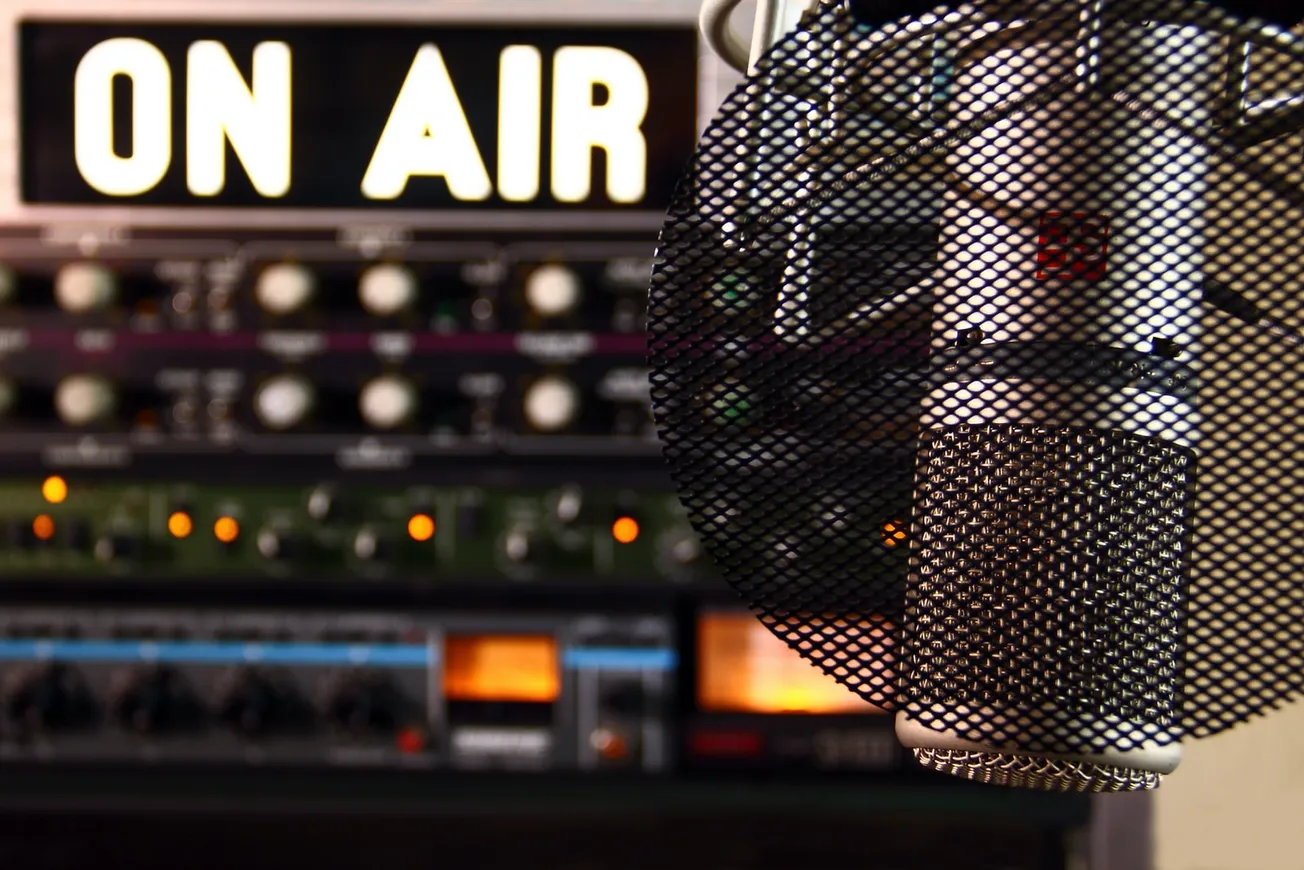Table of Contents
Organic, pasture-fed beef and lamb are the world’s most environmentally damaging farm products!
Hello, it’s All things Political with John Porter on Bay FM and today I’m having a pop at an overseas journalist claiming, not only our diet but therefore our world-renowned, gold-standard farming systems are helping destroy the world.
George Monbiot, a British journalist known for his environmental and political activism, claims the New Zealand high meat content diet is particularly bad for the planet due to the vast amount of land required to produce food for it.

“Farming is the most destructive human activity ever to have blighted the Earth,” he alleges.
Don’t you get sick of these tossers, especially socio-political journalists, who spout their judgemental, ideological crap, probably without ever visiting New Zealand?
Here’s a small selection of George’s scornful observations –
- Farming is a major cause of climate breakdown, the biggest cause of river pollution and a hefty source of air pollution.
- Farming and fishing are the major causes of the collapse of both marine and terrestrial ecosystems.
- Meat, consumed in greater quantities by the rich than by the poor, is the greatest cause of all!
- While arguments rage about plant- versus meat-based diets, new technologies will soon make them irrelevant. Before long, most of our food will come neither from animals nor plants, but from unicellular life.
What a whipdick!
I found a UK website, Scholarly Kitchen, which didn’t express a lot of love towards Monbiot, calling him “an ill-informed activist with academic aspirations using the Guardian as a pulpit to deliver a tiresome sermon filled with intentional misunderstandings, misinformation, and misapprehensions…”
It seems our George Monbiot is a zealous ideologue. As if we need another ideologue in New Zealand. We have enough of them, preaching from the pulpit of truth, telling us this is the only truth, it’s our way or the highway!
But what James Shaw, Ardern, tossers like Monbiot and all their other ideological cohort never concede is that in reality, well-managed organic, pasture-fed livestock convert grass and other feeds humans can’t eat into nutrient-dense food, which is a hugely efficient use of resources.
Grasses are perennials with long deep roots that capture and sequester carbon. Grass captures more carbon than cereals and legumes.
When grass dies or trees are cut down, that carbon is released back into the atmosphere.
But grasses also release carbon out of their root tips to fungi in the soil. When those roots die or the fungi die, they’re eaten by microbes or worms; therefore a portion of that carbon gets stabilised.
Surely, the best way to maximize the amount of carbon that gets trapped underground is to maximize grass growth.
Globally, agriculture accounts for approximately 20% of greenhouse gas emissions and globally agriculture accounts for 70% of freshwater usage. Obviously this necessitates that farming practices pay attention to energy and water use.
A recent, comprehensive study by Ag Research has confirmed the carbon footprint of New Zealand beef and lamb is amongst the lowest in the world.
Their study shows that a kilo of New Zealand sheep meat has a carbon footprint of just under 15 kilograms of CO2 equivalent emissions per kilo, with beef just under 22 kg.
The researchers compared New Zealand’s on-farm emissions to a range of countries’ footprints across the globe.
New Zealand’s on-farm footprint was about half the average of the other countries in the study.
They were able to determine that when Kiwi beef or sheep meat is exported, the total carbon footprint is very similar to domestically-produced red meat in those nations.
They concluded that this is because New Zealand is so efficient at the farm level, which represents about 90-95% of the total carbon footprint.
Also inextricably linked to the farm emissions debate is another internationally crucial issue that needs to be linked into any discussions around NZ reducing herd numbers. That is Food Security.
Food Security is the measure of the availability of food and individuals’ ability to access it.
The United Nations define food security as meaning that all people, at all times, have physical, social, and economic access to sufficient, safe, and nutritious food that meets their food preferences for a healthy life.
By 2050 there will be 2 billion more people on Earth than there are today. And guess what?
Today’s agriculture can’t deliver enough food to meet that need!
And James and Jacinda want us to reduce herd numbers. Hello?
Change is needed to increase our food output while at the same time ensuring it is done in a manner that minimises any negative impacts on our environment. Agriculture must be sustainable!
Using “Climate–Smart Agriculture” farming systems, NZ farmers are responding to these issues.
NZ farmers are ahead of the game, reducing greenhouse gas emissions, adding perceived and real value to export products, while future-proofing efficient food and fibre production.
I say to George Monbiot, climb down from your ideological hobby horse, cease being a bloody, environmentally judgemental tosser, and write some objective material that recognises the importance and efficiency of NZ red meat and dairy production!
And I say to the political charlatan, James Shaw and the publicity addict Jacinda Ardern, individuals who perform the “World Environmental Death Throes” dance for political gain and to whom the word objectivity is just as dirty as the word coal: Bring some impartiality, bring some fairness and most importantly, bring some bloody honesty to the public arena.
Stop using fabricated, extreme climate modelling scenarios to construct doom-laden predictions that allow MPs and government lackeys to scare the public, all to justify your outlandish and unnecessary government spending.
New Zealand, indeed the world is going to need the skills and the knowledge that our farmers possess.









